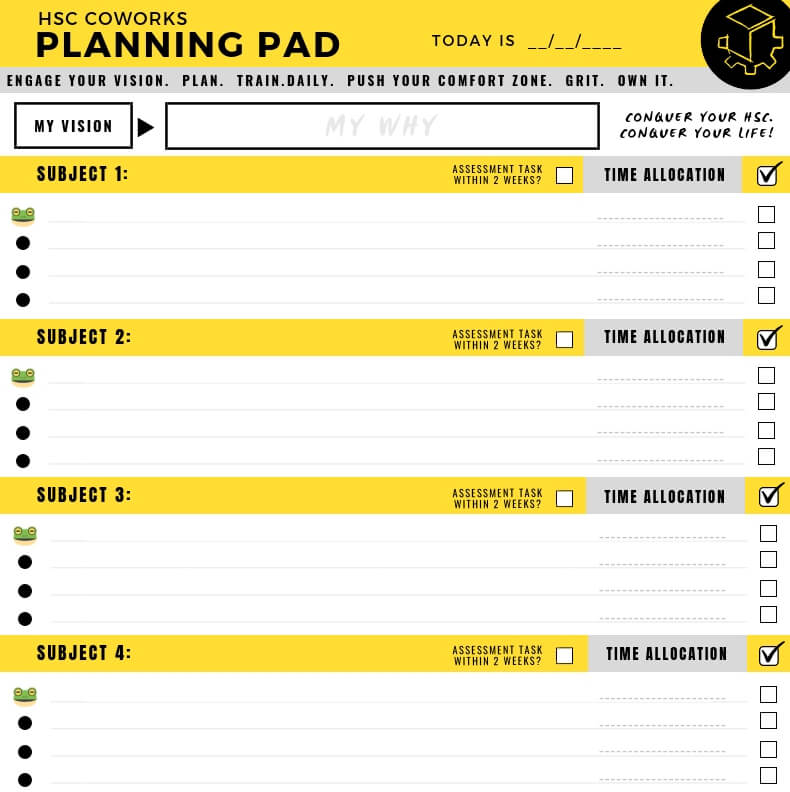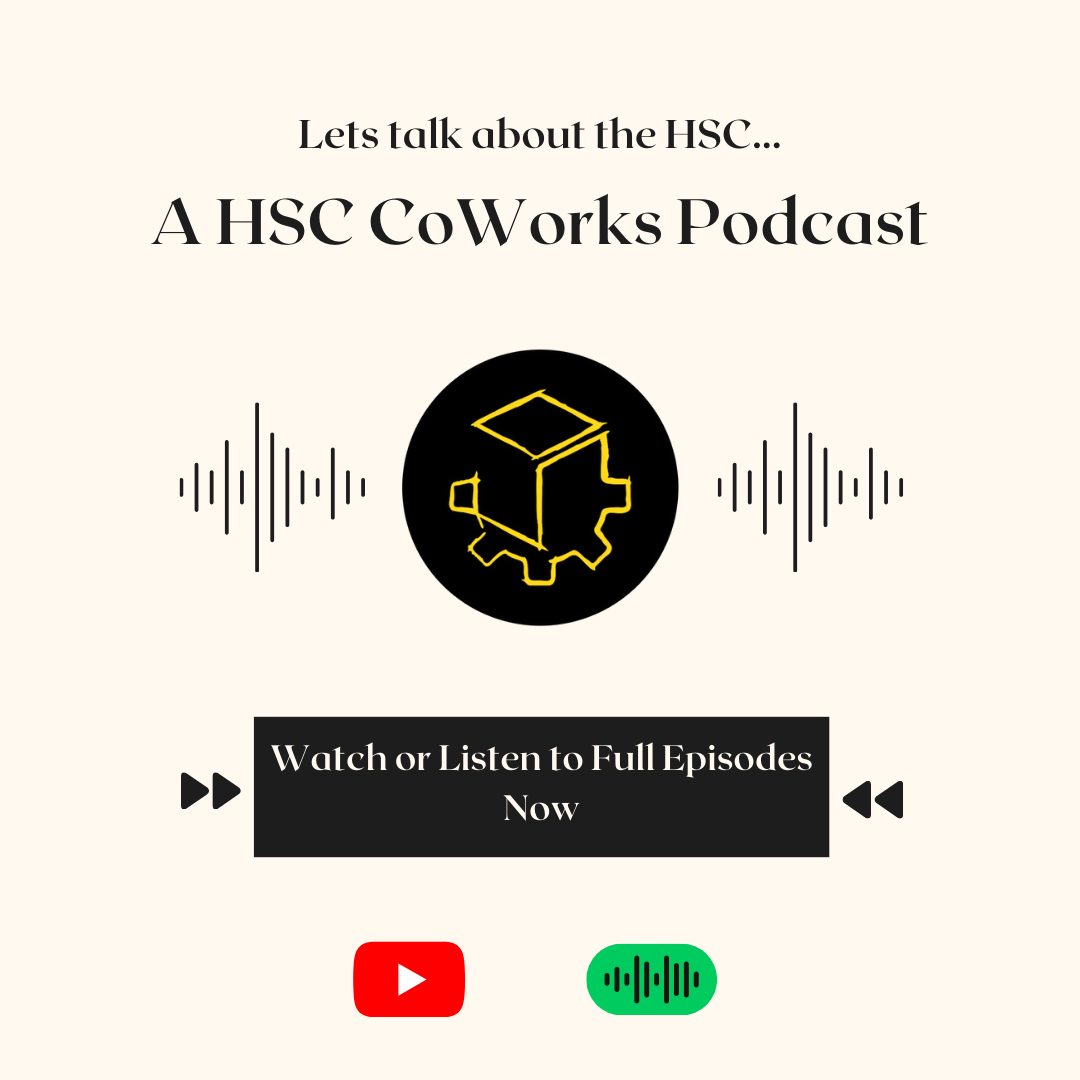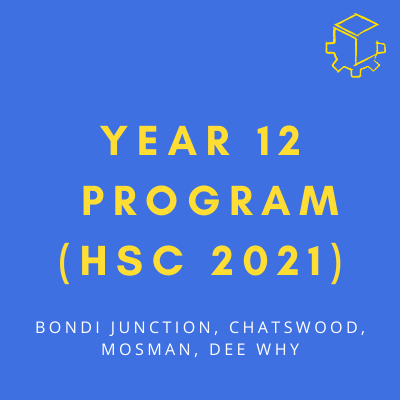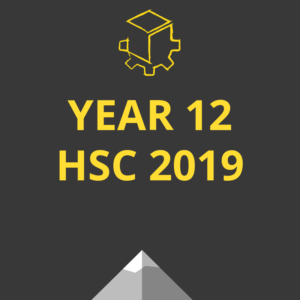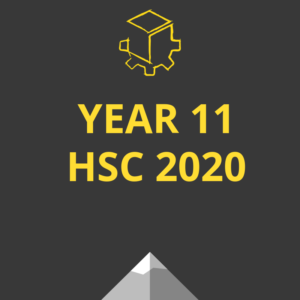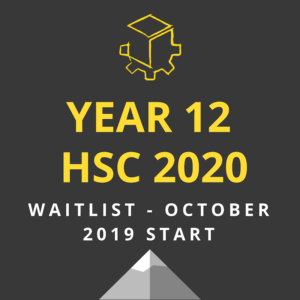HSC Trials have recently wrapped up or are fast approaching and post these Trial Exams HSC students will have climbed one of the biggest mountains of their school career! So what happens next…
If you’re finding it tricky to get back into study mode after Trials, you’re not alone. This is called the post-trials slump and it is real! A mix of mental exhaustion, a drop in motivation, the tempting thought that you’ve “earned a break” and the focus now on your upcoming graduation.
While a short rest is important, and graduation is a once in a lifetime moment which is worth your attention, the weeks after Trials are also critical for your final HSC success. Roughly half of your final marks are still to be determined.
Here’s how to rest, reset, enjoy your final weeks of school and also rebuild momentum so you can finish your school years strong.
Recognise the Slump And Why It Happens
Understanding why you’re feeling flat is half the battle.
-
Physical fatigue: Your body has been under stress for weeks. Long study sessions, disrupted sleep patterns, and constant focus have used up your energy reserves.
-
Mental release: When the Trials end, your brain releases the pressure valve and signals that it’s safe to rest.
-
Loss of urgency: The final HSC exams feel weeks away, so your brain convinces you there’s “plenty of time.” This can cause a dangerous drop in momentum.
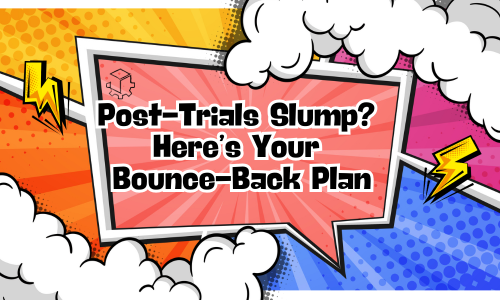
Recognising these factors isn’t about judging yourself, it’s about seeing that this is a common, predictable stage, and one you can prepare for. We have seen the impact of the Post Trials Slump thanks to our 29 HSC Years so we are here to help you recognise and move through this stage!
Take a Short, Intentional Break
Rest is necessary, but drifting for too long will cost you. Your body and mind need recovery time to perform at their best in the next phase. But the danger comes when “a few days off” turns into a week… or two.
How to do it well:
-
Set a limit: Give yourself 2–3 days of complete downtime. No textbooks, no guilt. Sleep in, watch your favourite show, hang out with friends, or get outdoors.
-
Mark your restart date: Write it in your calendar.
-
Plan your re-entry: On your final rest day, write a simple Planning Pad for Day 1 back so you hit the ground running.
Reflect Before You Restart
Trials are a goldmine of information, not just about what you know and what you don’t know, but also how you work under pressure in the exam room environment.
Reflect on your Trial Papers and outline how you will use your performance to enhance your preparation for the final HSC exams. Remember that time is not something you have a lot of at this stage so it is crucial that you focus your efforts on ‘well intentioned and effective’ tasks.
-
Step 1: Review your results and feedback
Look for patterns in where you dropped marks. Were they from gaps in content knowledge? Misreading the question? Poor time management?
-
Step 2: Strategic Planning
-
What worked well that you want to continue? (e.g. daily mind maps, regular essay practice)
-
What will you add that you didn’t do before? (e.g. more timed past paper sections, active recall flashcards)
-
What will you stop doing because it wasn’t effective? (e.g. passively re-reading notes without testing yourself)
-
-
Step 3: Ask for input
Your teachers (or CoWorks team) might spot something you’ve missed. Work with the CoWorks coaches in your session to identify the gaps and formulate a plan for moving forward. They have been in your shoes before and in many cases they have walked side-by-side HSC students for 3-4 years. Use their expertise and real life experience to fine tune your final approach.
Build Momentum With Low-Pressure Study
You don’t need to go from zero to eight-hour days in one leap.
-
Start small and steady:
-
Mind maps: Create 3–4 a day to re-activate your knowledge.
-
Mini essay rewrites: Take a past essay, choose one paragraph, and rework it using your trial feedback.
-
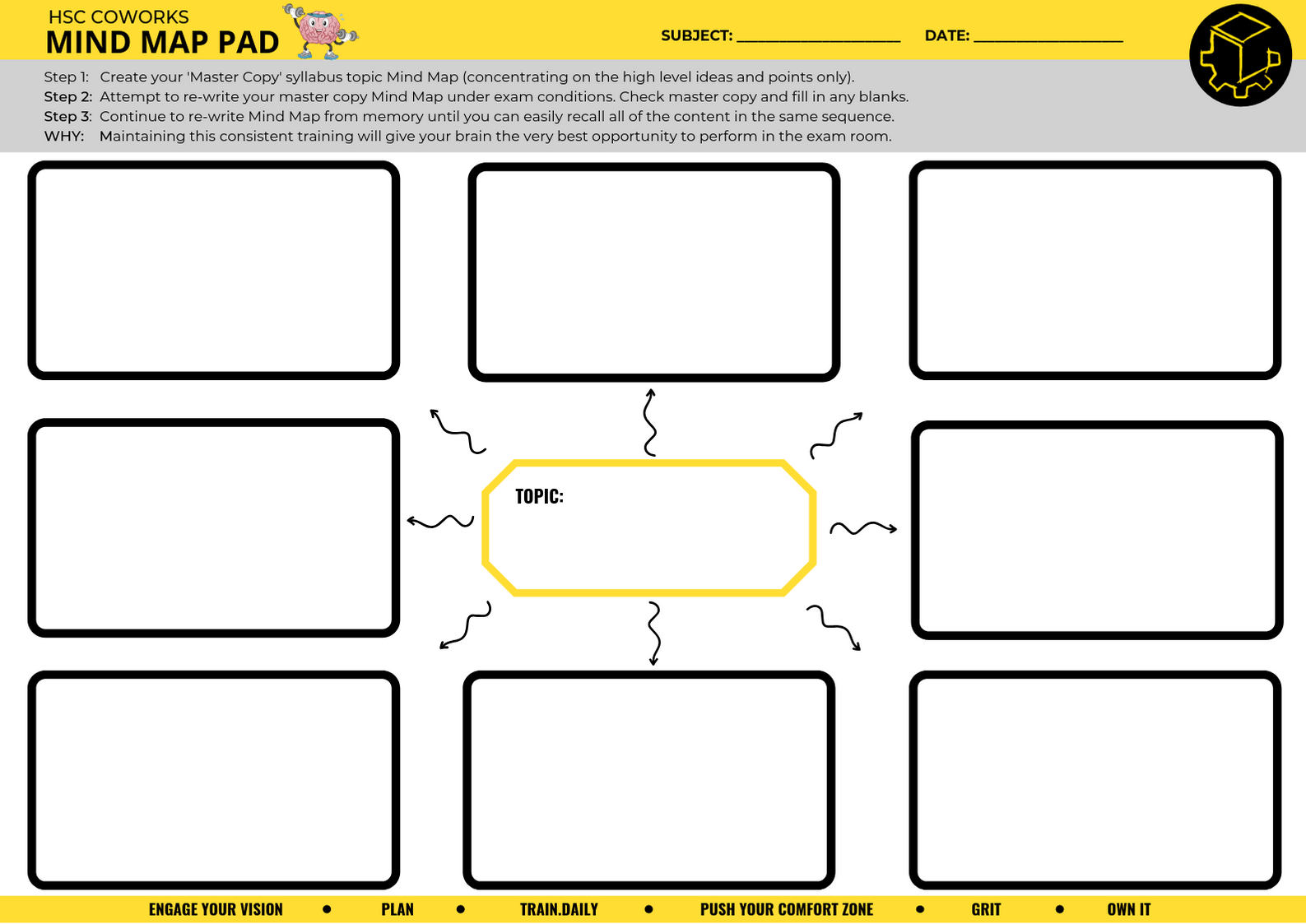
- Timed question sprints: Set a 20-minute timer and answer one past paper question under exam conditions.
- Mix it up: Rotate between subjects to keep things fresh and prevent mental fatigue.
-
Why this works: Small wins build momentum and confidence, which makes it easier to scale up your effort over the next few weeks.
❗️Avoid These Common Pitfalls
The slump becomes dangerous when it quietly turns into bad habits:
-
Over-relaxing: “I’ll start next week”. Every day you delay makes it harder to restart.
-
All-or-nothing restart: Trying to match your peak study load immediately can cause burnout and frustration.
-
Ignoring weaknesses: It feels good to work on your strengths, but fixing weaknesses is where you’ll make the biggest score improvements.
Pace yourself, track your daily effort, and make sure every week includes time dedicated to your weaker areas.
Lean on Support
You don’t have to do it alone. Tap into every aspect of the CoWorks program to get support, guidance, motivation and accountability in these final stages.
-
Attend your weekly sessions: Weekly accountability and structured support will ensure you stay focused and on track to achieve your goals in a motivating and energised environment.
-
Join the Twice Weekly “Ask a Coach” sessions: Bring your questions and tricky topics to a coach who can help you get unstuck quickly.
-
Submit your work for feedback: Re-work your trial paper responses and resubmit for further feedback. Attempt practice question after practice question. Make your mistakes now, not in your final exam.
-
Book regular Zoom an Expert sessions: Work 1:1 with our expert teachers for targeted guidance.
The post-trials slump is not a setback, it’s an opportunity to reset your energy, re-focus your efforts, and attack the final stretch with clarity and purpose. Take the rest you need, but set a clear plan for bouncing back.
The students who use this window well often see the biggest jump in results come HSC time. If you’d like to talk more about how the CoWorks program could support your child, give our team a call on 0483 980 820.

Sarah Gardiner
Business Manager HSC CoWorks




